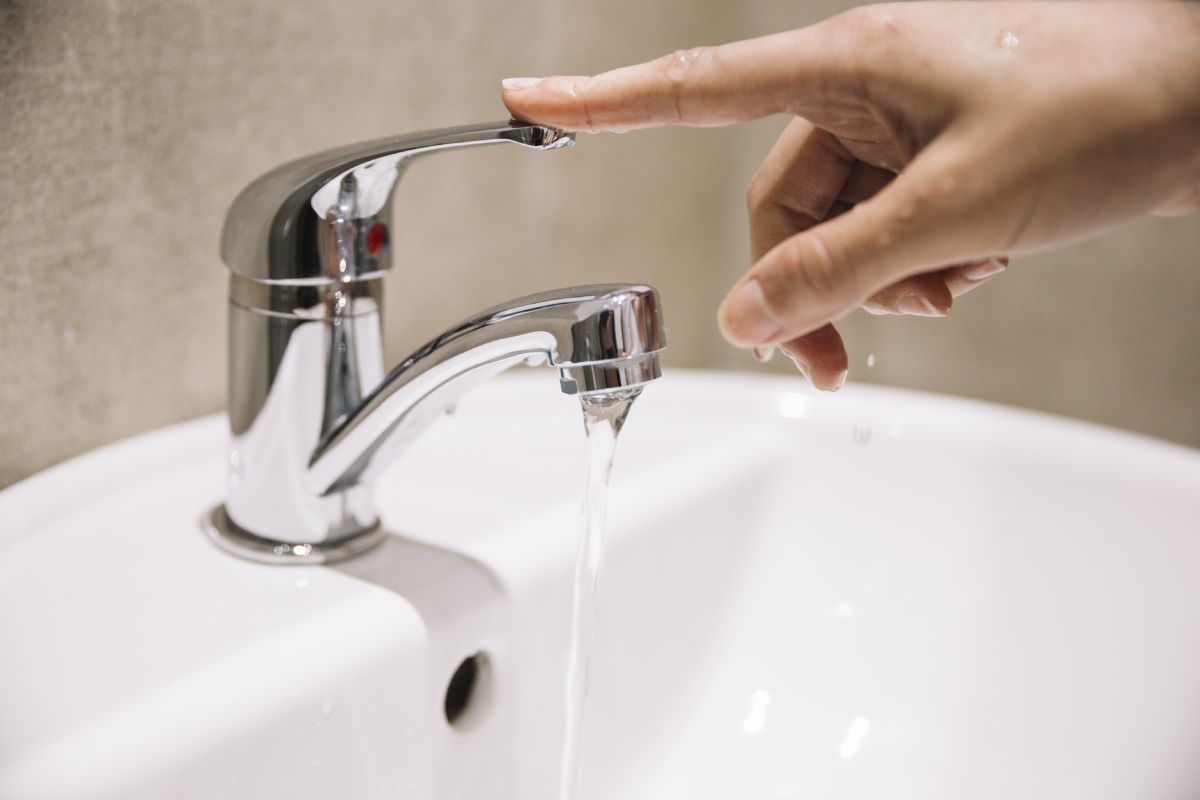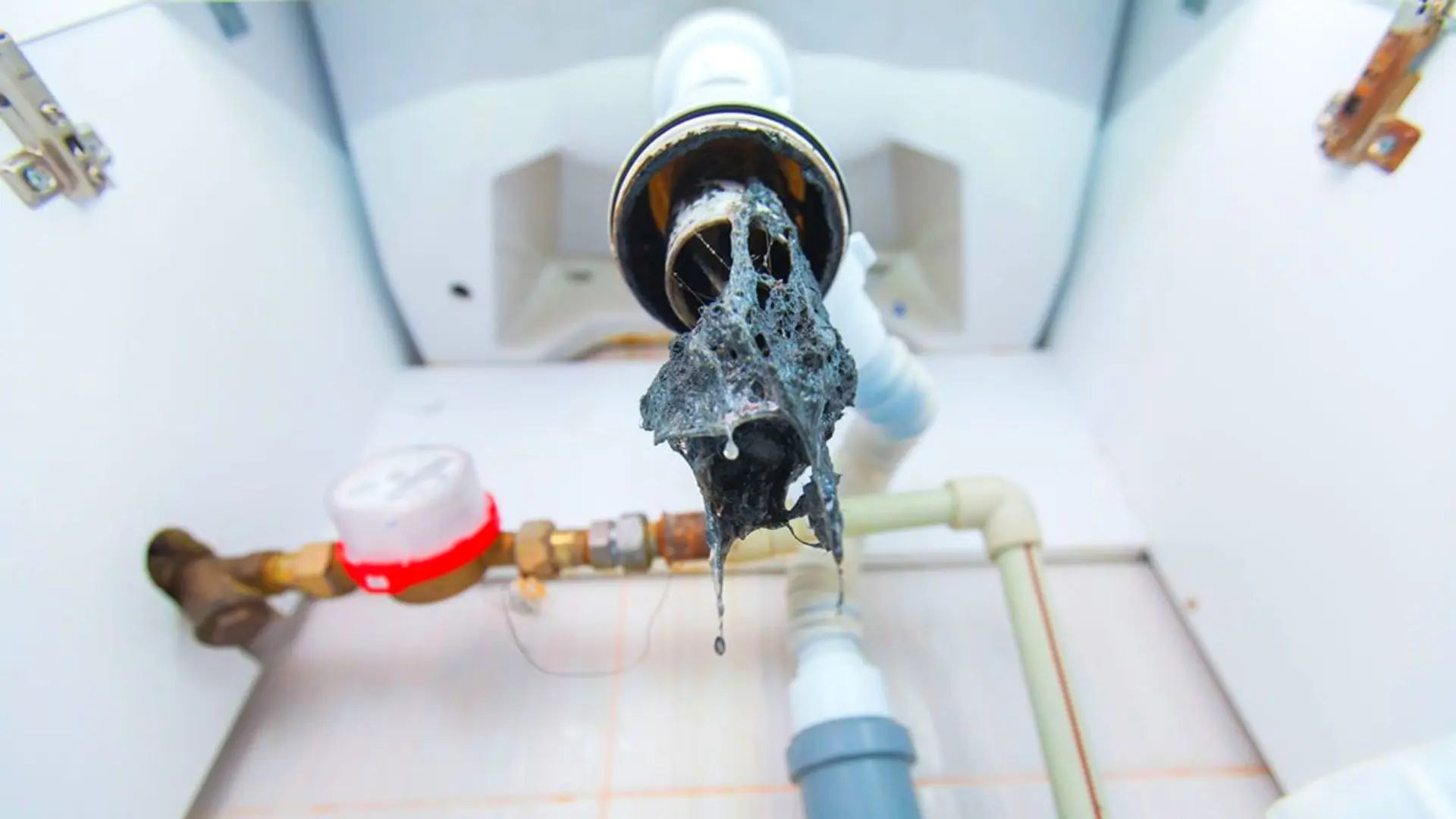Top Approaches for Dealing with Low Water Pressure in Your Home
Top Approaches for Dealing with Low Water Pressure in Your Home
Blog Article
How do you actually feel with regards to 10 Reasons for Low Water Pressure in Your House?

Low water stress in your home can be an aggravating issue, influencing every little thing from bathing to cleaning recipes. If you're experiencing weak water flow, there are several possible reasons and services to check out. In this guide, we'll discuss common factors for low tide pressure and sensible steps to address the problem efficiently.
Intro to Low Tide Stress
Low water pressure happens when the circulation of water from your taps, showers, and various other fixtures is weaker than usual. This can make day-to-day tasks much more difficult and less efficient. Recognizing the causes of low water stress is critical to discovering the right solution.
Common Root Causes Of Low Tide Stress
Pipe Obstructions
In time, pipes can end up being obstructed with mineral deposits, debris, or debris, restricting the flow of water. This is a typical issue in older homes with galvanized steel pipes.
Corrosion
Corrosion within pipelines can bring about leakages and reduced water pressure. Rust accumulation can restrict water circulation, especially in maturing plumbing systems.
Faulty Stress Regulatory Authorities
Pressure regulatory authorities are responsible for maintaining consistent water stress in your home. If they malfunction, it can lead to low tide pressure or uneven circulation throughout your house.
Local Water Supply Issues
Sometimes, the trouble lies outside your home. Community water concerns, such as main line leakages or upkeep work, can momentarily reduce water stress in your location.
Exactly How to Diagnose Low Water Stress
Inspecting Faucets and Components
Beginning by evaluating the water pressure at different taps and components throughout your home. If the issue is separated to specific areas, it might indicate localized troubles.
Evaluating Pipelines
Evaluate noticeable pipelines for indications of leaks, corrosion, or blockages. Focus on any unusual audios, such as knocking or rattling pipelines, which could suggest issues within the plumbing system.
Consulting with a Plumber
If you're incapable to determine the source of low water pressure, take into consideration working with a specialist plumber to perform a comprehensive inspection. They can determine underlying concerns and advise proper options.
DIY Solutions to Deal With Low Tide Stress
Cleansing Aerators and Showerheads
Natural resources can accumulate in aerators and showerheads, lowering water circulation. Eliminate and clean up these elements consistently to improve water pressure.
Flushing Water Heater
Debris build-up in the hot water heater can limit circulation and minimize efficiency. Purging the container occasionally aids remove debris and keep ideal performance.
Checking Stress Regulatory Authority
Ensure that the stress regulatory authority is working correctly. Adjusting or changing the regulator can aid recover appropriate water stress throughout your home.
Cleaning Clogs in Water Lines
For small clogs, attempt utilizing a plumbing snake or chemical drain cleaner to clear obstructions in pipes. Beware when making use of chemicals and follow security standards.
When to Call an Expert Plumber
If DIY initiatives fail to solve the issue or if you think substantial plumbing problems, it's best to seek support from a licensed plumber. They have the experience and devices to resolve complex problems securely and effectively.
Preventive Measures to Maintain Water Pressure
Regular Maintenance
Schedule regular upkeep for your plumbing system to stop issues such as rust, leakages, and clogs. Attending to minor troubles early can aid prevent more substantial repair services later.
Installing a Pressure Booster
Take into consideration setting up a pressure booster pump to enhance water stress in areas with consistently low circulation. This can be particularly useful for multi-story homes or properties with high-demand components.
Monitoring Water Usage
Be mindful of water use routines and prevent ill-using the plumbing system. Straightforward adjustments, such as shocking showers and washing tons, can assist maintain ample water pressure.
Verdict
Managing low water stress can be aggravating, but recognizing the underlying causes and applying suitable remedies can restore ideal flow throughout your home. Whether it's cleansing aerators, examining pipelines, or seeking advice from a plumber, taking aggressive actions can make certain a steady supply of water for your everyday demands.
How to Fix Low Water Pressure In Your Home
Municipal Water Supply Issues
Scheduled maintenance, high demand, and water main breaks are all potential causes for low water pressure within a city or county’s water lines. While there’s not much you can do to personally fix a problem with your city or county’s water supply system, you can play a big role in documenting the issue and alerting those who can.
How to fix it:
Ask your neighbors if they are experiencing any issues with low water pressure. If multiple homes are affected, it’s likely related to the city’s water line.
Contact the local Water Authority to see if there is any maintenance taking place that might be affecting your supply. Also let them know of your specific issues. If other homeowners report the same issues, they’ll know that there could be a larger issue to look into.
Faulty Fixtures
A damaged or clogged shower head, faucet or appliance is the first thing we’d suggest checking, especially if low water pressure appears to be isolated to a specific area of your home.
How to fix it:
First, turn off the main water supply to your home.
Check the affected appliances for build-up or debris. In the case of a faucet, you can simply unscrew the aerator at the tip of the faucet. Showerheads should be fully detached from the water pipe.
While the appliances are detached, you may want to check the water supply to determine if the fixtures were in fact the issue.
To clean, soak the showerhead or aerator in vinegar and brush off any visible debris.
Reattach the fixtures and check the water pressure again. If it is still low, there is likely a deeper issue at hand, which can be determined by a professional plumber.
Pipe Obstructions
Mineral deposits, rust or other debris within water pipes can lead to blockages or corrosion over time.
How to fix it:
When you think of a clog, you probably think of a drain clog. While there are many DIY solutions to clearing a drain, clogs in a water pipe will almost always require the help of a professional plumber. A plumber will be able to locate the affected pipe and clean out any debris or mineral deposit buildup. In severe cases, the pipe may need to be replaced. Your plumber might also recommend a water softening system to remove the minerals from your home’s water supply that can contribute to pipe blockages over time.
Plumbing Leak
Undetected water line leaks can divert water away from your residential pipes, reducing the water pressure in your fixtures.
How to fix it:
Check your water meter by turning off all water sources and monitoring the meter for any movement, which could be a clear indicator of a potential leak.
Check all visible pipes for signs of leaking, including water stains, active dripping or damp spots around the pipe.
Inspect fixtures, including faucets and showerheads, for any drips.
Test the pressure but recording the pressure with the main water valve shut off. Leave off for a few hours and test again. A significant drop in pressure is a clear sign of a leak.
https://kiddcoplumbing.com/plumbing-blog/how-to-fix-low-water-pressure/

How to Fix Low Water Pressure In Your Home
Municipal Water Supply Issues
Scheduled maintenance, high demand, and water main breaks are all potential causes for low water pressure within a city or county’s water lines. While there’s not much you can do to personally fix a problem with your city or county’s water supply system, you can play a big role in documenting the issue and alerting those who can.
How to fix it:
Faulty Fixtures
A damaged or clogged shower head, faucet or appliance is the first thing we’d suggest checking, especially if low water pressure appears to be isolated to a specific area of your home.
How to fix it:
Pipe Obstructions
Mineral deposits, rust or other debris within water pipes can lead to blockages or corrosion over time.
How to fix it:
When you think of a clog, you probably think of a drain clog. While there are many DIY solutions to clearing a drain, clogs in a water pipe will almost always require the help of a professional plumber. A plumber will be able to locate the affected pipe and clean out any debris or mineral deposit buildup. In severe cases, the pipe may need to be replaced. Your plumber might also recommend a water softening system to remove the minerals from your home’s water supply that can contribute to pipe blockages over time.
Plumbing Leak
Undetected water line leaks can divert water away from your residential pipes, reducing the water pressure in your fixtures.
How to fix it:
https://kiddcoplumbing.com/plumbing-blog/how-to-fix-low-water-pressure/
As a devoted reader about Low Water Pressure in the House?, I think sharing that segment was important. Sharing is good. You won't know, you might be doing someone a favor. I take joy in reading our article about .
Call Report this page